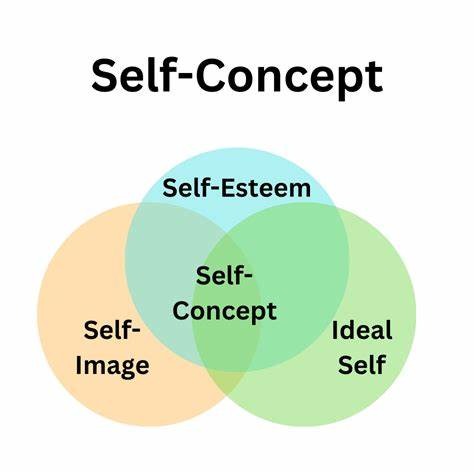From Dependence to Independence Through Self-Awareness
Join Teshome Woldeamanuel on a journey of self-discovery and emotional discipline. This blog aims to empower youth to become self-aware and independent, utilizing insights from journalism and self-development practices in both Amharic and English. Discover tools for personal transformation and well-being through engaging content.
By Teshome Woldeamanuel
5/8/20243 min read


Transforming Youth: From Dependence to Independence Through Self-Awareness
Picture this: A teenager stands at the edge of adulthood, staring at a maze of choices—college, careers, relationships, identity. It’s overwhelming, right? For many young people, the leap from dependence to independence feels less like a leap and more like a freefall. But what if there’s a safety net? What if the key to navigating this transition isn’t just what they know, but who they know themselves to be?
Welcome to the power of self-awareness—the unsung hero of youth empowerment.
The Crossroads: “Who Am I, Really?”
Let’s be honest: Growing up today is hard. Between social media comparisons, academic pressure, and the ever-shifting “rules” of adulthood, many teens feel like they’re playing a game without a rulebook. Dependence on parents, teachers, or peers becomes a comfort zone. But true independence isn’t about rebelling or going solo—it’s about building an inner compass.
Self-awareness is that compass. It’s the ability to ask:
- What are my strengths?
- What drains my energy?
- What do I value most?
- What scares me—and why?
When youth learn to answer these questions, they stop following the crowd and start leading their own lives.
The Awakening: How Self-Awareness Sparks Change
Meet 17-year-old Maya. For years, she followed her parents’ blueprint: Get straight A’s. Become a doctor. Make us proud. But during a high school mentorship program, she was asked to journal about her “perfect day.” Maya wrote about painting murals, volunteering at animal shelters, and making people laugh. Slowly, she realized: “I don’t want a stethoscope. I want to heal people through art.”
That’s self-awareness in action. It’s not magic—it’s a muscle. And like any muscle, it grows with practice.
Here’s how young people can flex it:
1. Reflect Daily
- “What made me feel proud today?”
- “When did I feel like I was pretending?”
A 5-minute journal habit can unravel patterns they never noticed.
2. Embrace “Awkward” Conversations
Talking to mentors, therapists, or even friends about fears and dreams builds emotional vocabulary. Vulnerability becomes strength.
3. Try New Things—Then Quit Them
Experimentation is key. That coding class? The poetry slam? Trying (and sometimes quitting) helps them learn what truly resonates.
The Shift: From “What Will They Think?” to “What Do I Think?”
Self-awareness doesn’t just change decisions—it changes how decisions are made.
Take Jayden, a college freshman who always picked majors based on “what pays well.” After a semester of misery, he took a personality assessment on a whim. The result? “You thrive in collaborative, creative environments.” Today, he’s a psychology major with a side hustle designing board games. “Turns out,” he laughs, “I don’t hate school—I just hated my school.”
This is independence: making choices rooted in self-knowledge, not external noise.
The Ripple Effect: Why This Matters for All of Us
When youth cultivate self-awareness, the impact goes far beyond their own lives. They become:
- Better Leaders: They empathize with others because they understand themselves.
- Resilient Problem-Solvers: They know their limits—and how to push them.
- Authentic Advocates: They fight for causes they genuinely care about.
But here’s the catch: They can’t do it alone.
How We Can Help: Be a Mirror, Not a Map
Parents, teachers, and mentors—your role isn’t to hand them a roadmap. It’s to hold up a mirror. Ask:
- “What do you* think you’re good at?”*
- “What would you do if no one was watching?”
- “How can I support your version* of success?”*
Celebrate their curiosity. Normalize “failure” as feedback. And remind them: Self-awareness isn’t about being perfect—it’s about being present in your own life.
The Invitation: Start Where You Are
To every young person reading this: Independence isn’t a destination. It’s a daily practice.
- Today: Write down one thing you’re curious about.
- This week: Say “no” to something that doesn’t align with your values.
- This year: Chase a goal you set—not one assigned to you.
You’ll stumble. You’ll doubt yourself. But with every step, you’ll build something unshakable: trust in who you are.
Final Thought:
The journey from dependence to independence isn’t about leaving others behind. It’s about walking forward with clarity, courage, and the quiet confidence that comes from knowing your own heart.
So, what’s your first step?